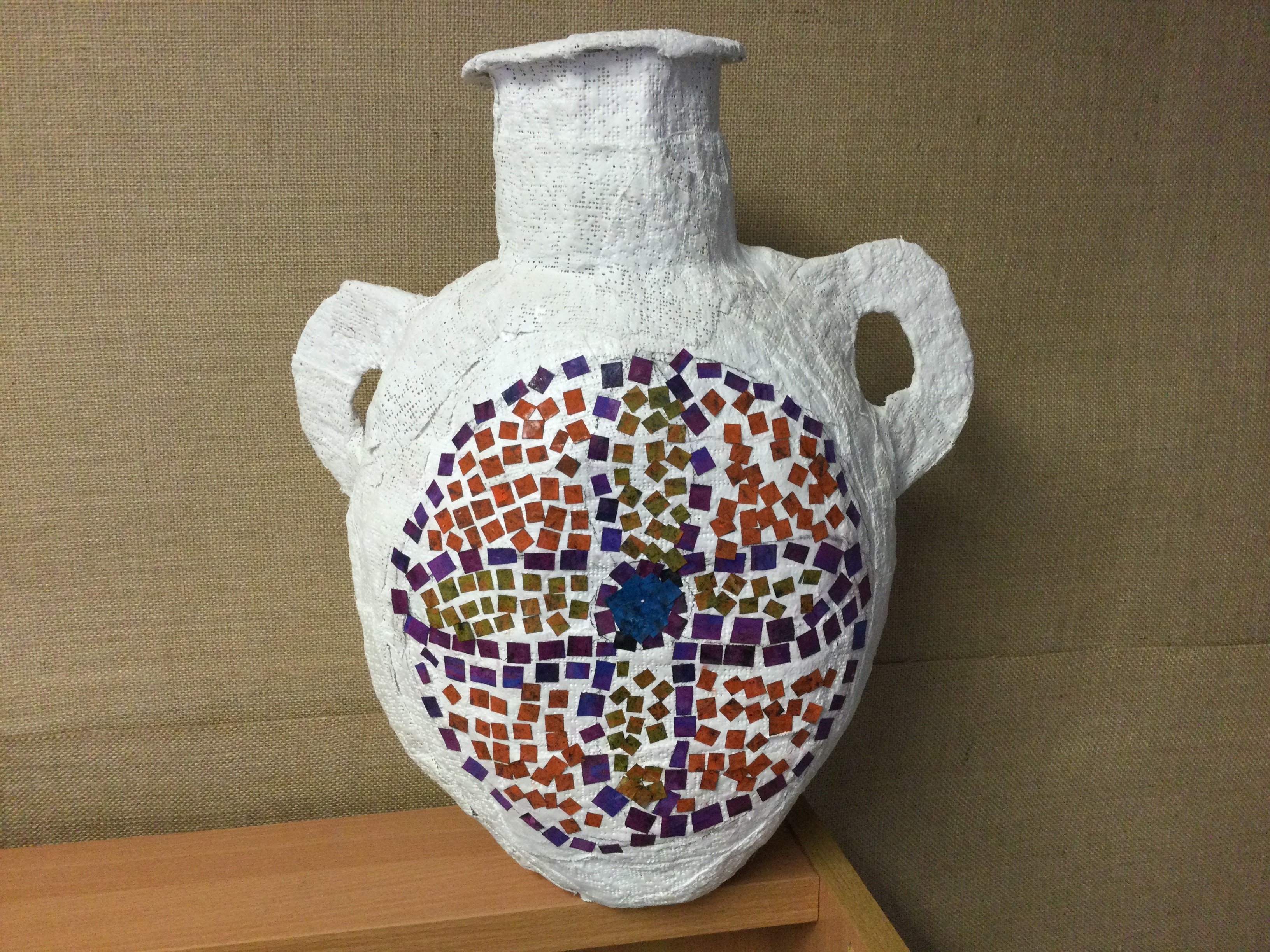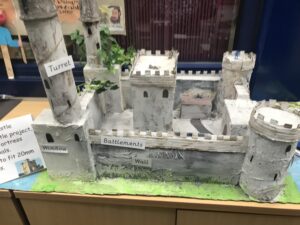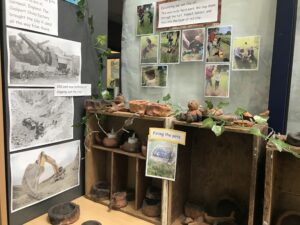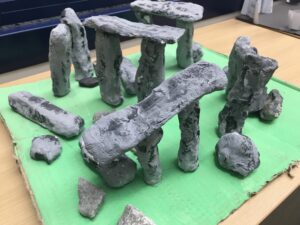History

History Policy 2022-2023
Progression of skills in History
History Vocabulary Progression
 Intent
Intent
As a school, teachers plan sequences of lessons through a creative theme or topic,
ensuring that skills and concepts required by the National Curriculum have been
covered. All lessons will aim to develop historical skills and concepts that are
transferable to any historical period and encourage them to learn about significant aspects of the history of the wider world. We aim for these lessons to allow children to grasp the concept of time, through the study of significant time periods, locally, nationally and internationally. Through the study of History, the children will use a variety of investigation, communication and enquiry skills to develop and discuss understanding of a range of sources of evidence. The children will explore also significant historical figures and consider their impact on their own lives as well as the wider world.
 Implementation
Implementation
We have a creative curriculum approach whereby sequences of lessons are created with opportunities to gain further historical understanding and encourage research.
Teachers will build historical enquiry, focusing on concepts of continuity and change, making connections, drawing on contrasts and analysing trends. Prior learning is always considered within these lessons and this is used within the teaching in order to build a depth of knowledge, by consolidating skills and allowing children to further their own understanding of events and aspects of world history. Lessons are intended to inspire the pupils to develop a love of history.
Impact
Our school policy is to allow the children will explore history with a practical approach, this means that they will have access to a range of artefacts and sources to support their learning of history. We encourage the children to be ‘historians’ engaging with them through technical vocabulary, a building a wealth of historical knowledge and using key questioning to target their skills and understanding. The children should be
able to form historically valid questions, create contrasting arguments and consider
the importance of different perspectives and interpretations of the past.





